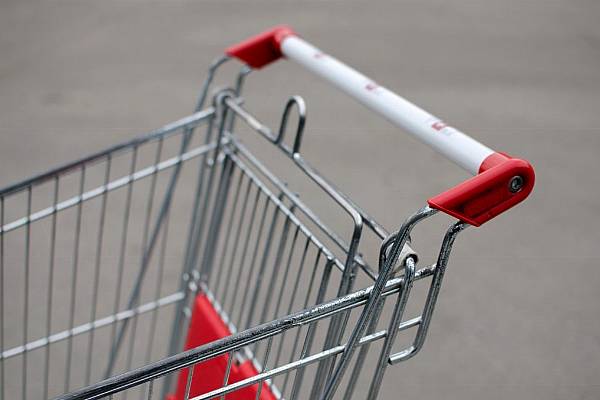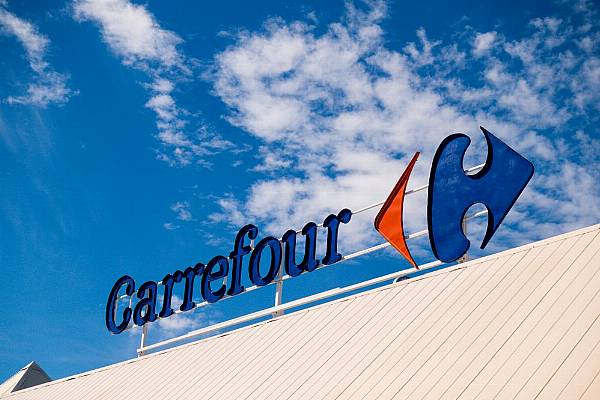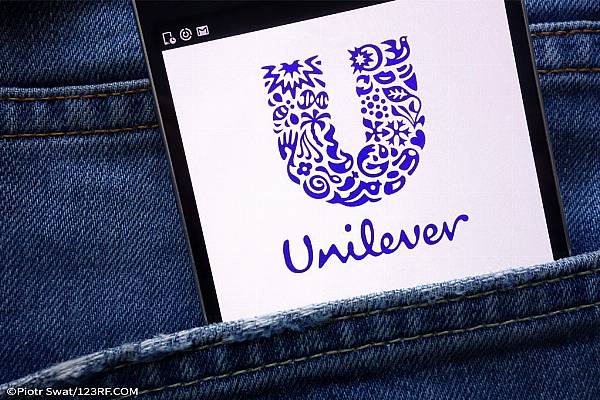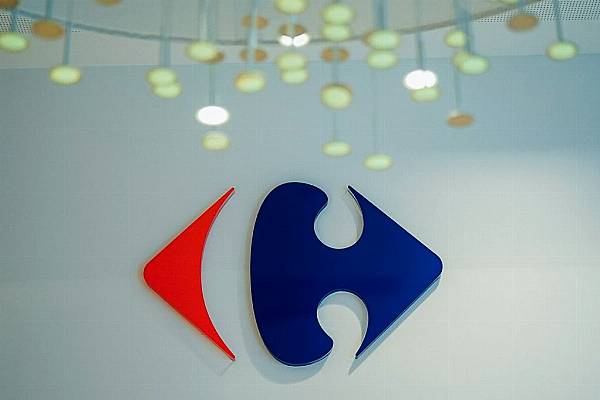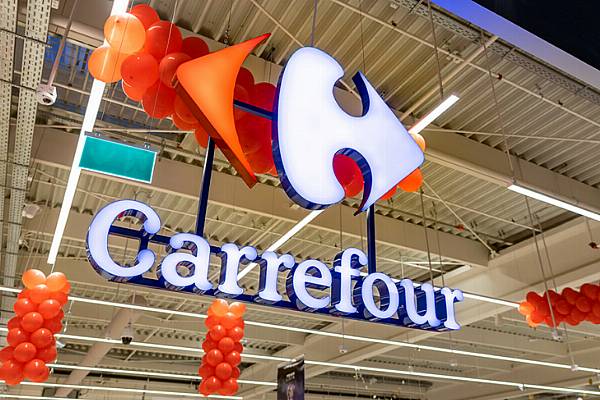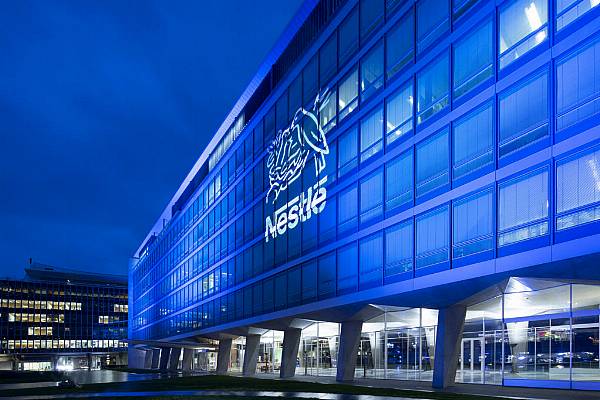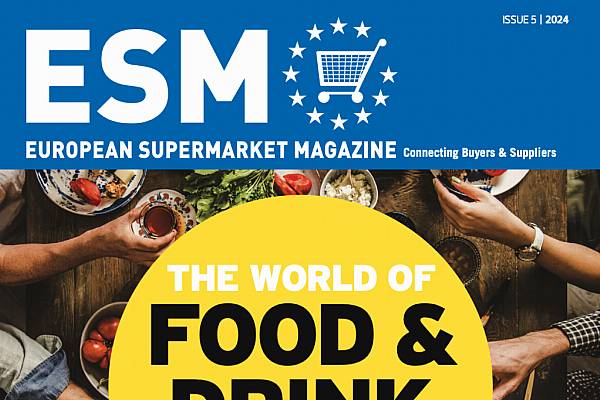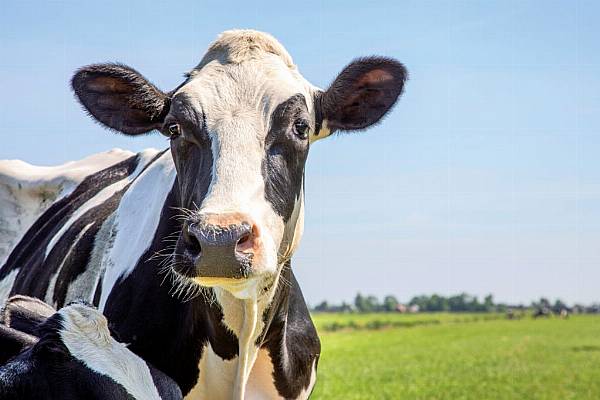Brand Finance’s Sustainability Perceptions Index indicates that more retailers and brands are realising the financial value of following an ESG agenda. In the first of three features, we explore the leading supermarket operators based on their Sustainability Perceptions Value. This article appeared in ESM’s November/December 2023 edition.
For many retailers and consumer goods brands, the sustainability agenda is very much embedded into their modus operandi, as they pledge to ‘do better’ when it comes to the environment and wider social change.
However, as ESM has written about in the past, companies could do more to unlock the financial opportunities from their ESG agendas.
As well as embracing sustainability because it is the ‘right thing to do’ – and, increasingly, a legal imperative in many countries – as the decade evolves, more attention is likely to be placed on how sustainability can be good for business, drive profits, and provide both holistic and financial security.
With this in mind earlier this year, Brand Finance published the Sustainability Perceptions Index, a comprehensive report that measures the value of sustainability perceptions to the world’s leading brands.
How It Works
The sustainability perceptions score (SPS) for each brand is determined using inputs from Brand Finance’s Global Brand Equity Monitor study. Consumers familiar with a brand are asked about its strength of commitment to protecting the environment, supporting communities and wider society, and governance. Responses are combined on a geographically weighted basis, resulting in a score out of 10.
Following on from this, Brand Finance uses drivers’ analysis to determine the relative role of sustainability in determining consumer choice in each sector: the output here is a percentage figure that ranges from approximately 2% to 25%.
This, coupled with that particular brand’s SPS relative to its sector average, are multiplied with the brand value, to determine the sustainability perceptions value (SPV). The SPV represents the portion of brand value attributable to a brand’s sustainability perceptions.
Amazon has the highest sustainability perceptions value (SPV) of any brand, of $19.9 billion (€18.9 billion), and a sustainability perceptions score (SPS) of 4.40. Tesla in second SPV of $17.8 billion (€16.9 billion) and SPS of 5.43. Apple (SPV of $14.7 billion, SPS of 4.50), Google (SPV $14.6 billion, score 4.74) and Microsoft (SPV $9 billion, SPS 4.28) round off the top five.
Top Supermarket Brands
Leading the way in terms of sustainability perceptions in the supermarket sector is Costco, with an SPV of $5,210 million (€4.72 billion) and an SPS of 3.76. The big-box retailer places 16th in the overall Top 500 rankings. In second, discounter Lidl boasts an SPV of $2,358 million (€2.14 billion) and an SPS of 4.47.
Following on from Lidl is US retailer Sam’s Club (54th overall), which boasts an SPV of $2,333 million (€2.12 billion) and an SPS of 4.73; Aldi Süd (67th), which has an SPV of $1,931 million (€1.75 billion) and an SPS of 4.96; and Tesco (70th), with an SPV of $1,876 million (€1.70 billion) and an SPS of 4.44.
Other retailers of note to make the list include REWE Group (93rd), with an SPV of $1,470 million (€1.33 billion) and an SPS of 4.72; Carrefour (98th), which has an SPV of $1,380 million (€1.25 billion) and an SPS of 3.93; Edeka (114th), with an SPV of $1,193 million (€1.08 billion) and an SPS of 5.12; and French market leader E.Leclerc (129th), which holds an SPV of $1,093 million (€0.99 billion) and an SPS of 4.31.
Notably, Walmart – which boasts an SPV of $6,258 million (€5.67 billion) and an SPS of 3.64, putting it in 11th place in the overall rankings – is classed as a ‘Retailer’ and not a ‘Supermarket’ operator in Brand Finance’s rankings, explaining its omission from the list.
Sustainability Perceptions Rankings: Grocery Retail
| Retailer | Domiciled | SPV ($m) | SPS |
|---|---|---|---|
| Costco | United States | 5,210 | 3.76 |
| Lidl | Germany | 2,358 | 4.47 |
| Sam’s Club | United States | 2,333 | 4.73 |
| Aldi Süd | Germany | 1,931 | 4.96 |
| Tesco | United Kingdom | 1,876 | 4.44 |
| Woolworths | Australia | 1,771 | 5.46 |
| 7-Eleven | Japan | 1,554 | 3.88 |
| Publix | United States | 1,474 | 4.15 |
| REWE | Germany | 1,470 | 4.72 |
| Carrefour | France | 1,380 | 3.93 |
| Asda | United States | 1,336 | 5.12 |
| Edeka | Germany | 1,193 | 5.12 |
| E.Leclerc | France | 1,093 | 4.31 |
| Coles | Australia | 1,066 | 4.88 |
| Circle K | Canada | 1,040 | 3.30 |
| Kroger | United States | 1,034 | 3.89 |
| Sainsbury’s | United Kingdom | 771 | 4.73 |
| Mercadona | Spain | 757 | 4.26 |
| Whole Foods | United States | 731 | 4.58 |
| Conad | Italy | 704 | 4.23 |
| Safeway | United States | 701 | 3.87 |
| Kaufland | Germany | 663 | 4.33 |
| El Corte Inglés | Spain | 588 | 4.62 |
| AEON | Japan | 550 | 5.14 |
| Stop & Shop | Netherlands | 516 | 4.64 |
| Morrisons | United Kingdom | 470 | 4.16 |
| COOP | Italy | 434 | 4.62 |
| Esselunga | Italy | 351 | 4.55 |
| The Co-operative | United Kingdom | 346 | 4.83 |
| Don Quijote | Japan | 336 | 3.48 |
| Yonghui Superstores | China | 322 | 4.10 |
| Food Lion | Netherlands | 318 | 4.19 |
Discover the full Brand Finance Sustainability Perceptions Index here, or click here to read the latest edition of ESM: European Supermarket Magazine.
